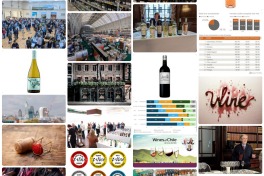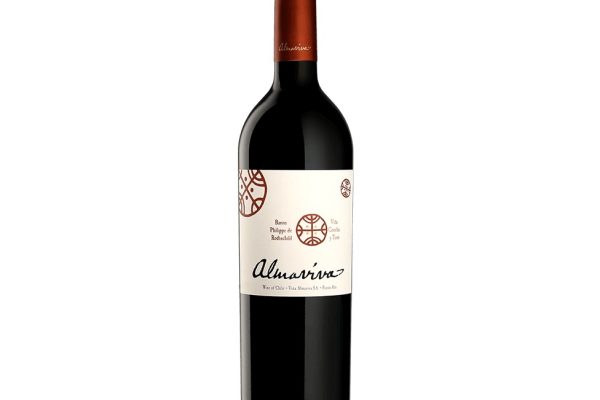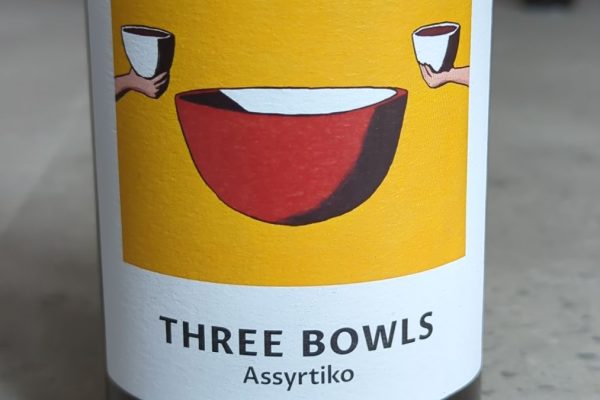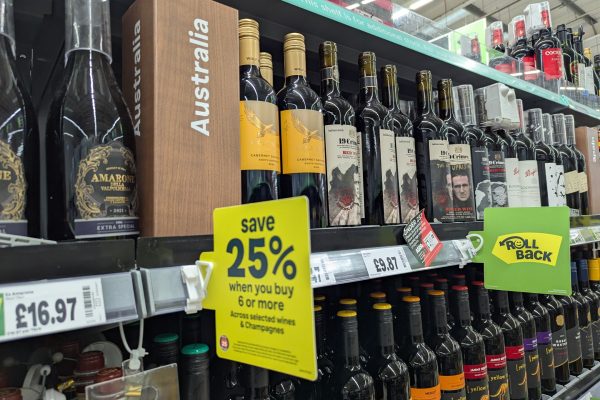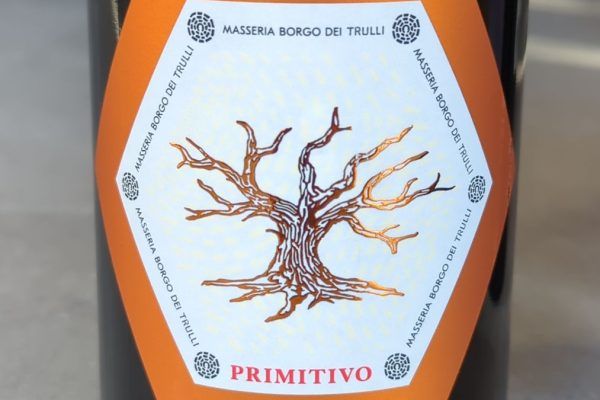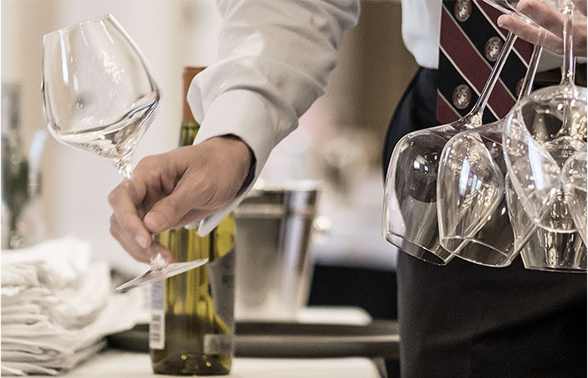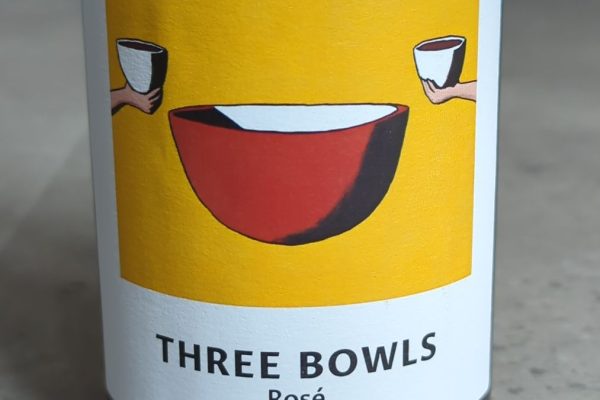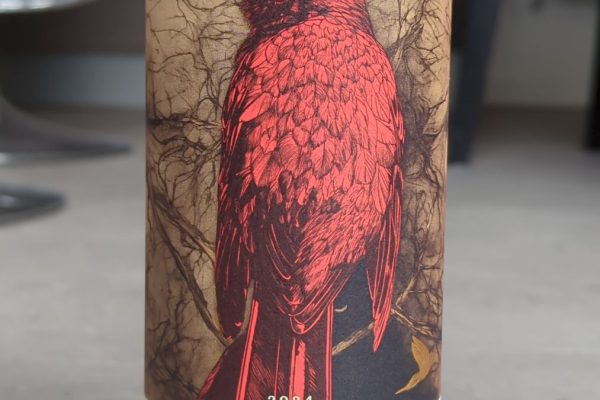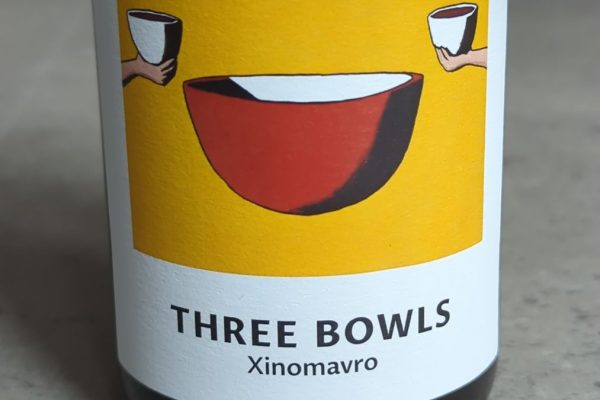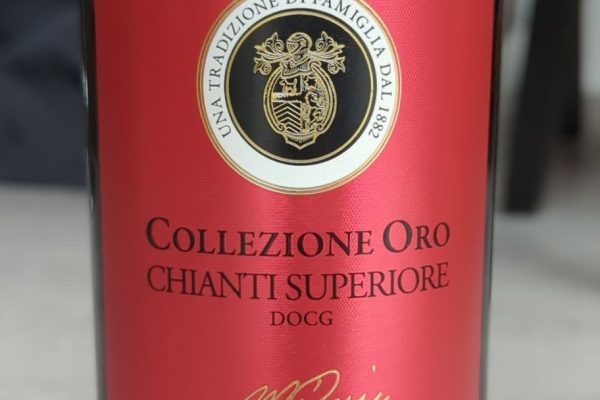Tax
-
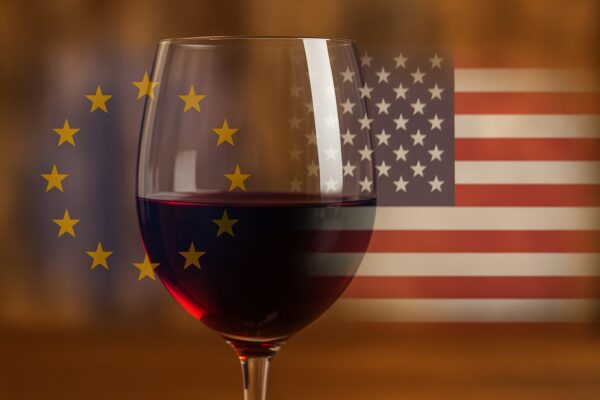
US 15% Tariff Looms Over EU Wine and Spirits
The Financial Times is reporting (paywall) that the United States is set to impose a 15% tariff on European Union wine and spirits from Friday 1st August 2025, despite lobbying by France and Italy to exempt these products. The European Commission confirmed that while some goods, like aircraft and cork, have secured exemptions, wine and…
-

Risks Undermining EPR Goals
At the London Wine Fair on 21 May 2025, Harshal Gore from PackUK, an arm of Defra, provided an update on the ongoing developments around Extended Producer Responsibility (EPR). While acknowledging EPR as strategically sound, Gore admitted the scheme has suffered repeated setbacks. He pointed out that 2025 has marked significant progress, with the establishment…
-

Selling by Glass vs Bottle, Due to EPR
An article by Freddie Joosten in Drinks Retailing News outlines the upcoming Extended Producer Responsibility (EPR) scheme, which takes effect in April 2025 and will change how wine and spirit businesses handle packaging waste costs. Under EPR, companies must pay the full net costs of collecting and recycling all packaging types they use. This includes…
-
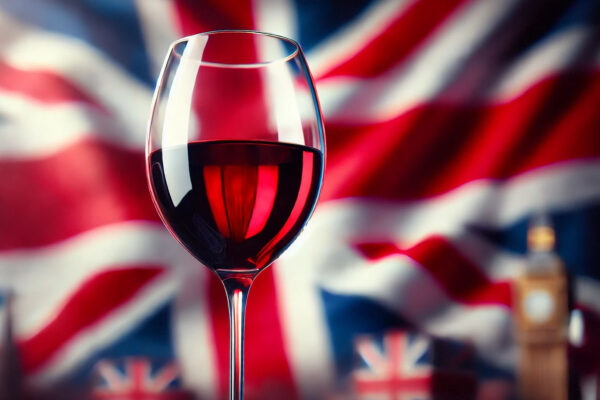
Protest Against February Duty Hike on Wine
Tim Atkin, Master of Wine, has announced that wine friends are coming together to protest against the exorbitant and potentially devastating February duty hike on wine in the UK. To join the campaign, send a flattened wine capsule or screwcap to Rachel Reeves at HM Treasury, 1 Horse Guards Road, London SW1A 2HQ, with a…
-

Shoppers Unhappy Over Lower Alcohol Levels in Popular Wines
The Drinks Business is reporting that Tesco shoppers have voiced frustration online over popular wine brands reducing alcohol content, with some accusing producers of quietly lowering alcohol by volume (ABV) levels. Due to rising UK import duties based on alcohol levels, producers are cutting ABVs on budget wines to manage costs. Concha y Toro, for…
-

UK EPR Will Cause Wine Price Increases
Extended Producer Responsibility (EPR) for packaging is a new UK legislation aimed at making producers fully responsible for managing packaging waste costs. The EPR fee structure includes Environmental Regulator Fees, covering Packaging Recovery Notes (PRNs) and Environment Agency fees, and Scheme Administrator Fees, which cover recycling costs for household and public bin packaging waste. The…
-
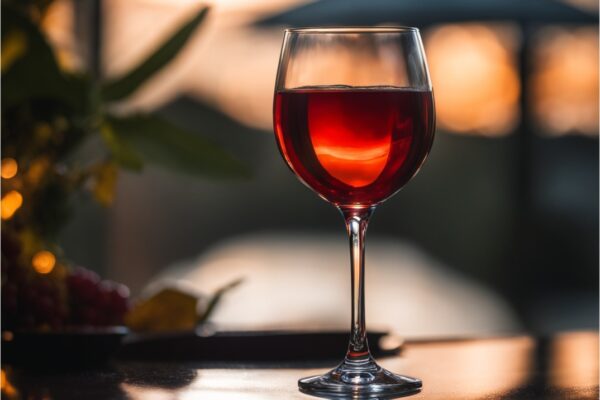
Do You Want a ‘Watered’ Down Version of a Wine?
Richard Siddle writes on the London (Trade) Wine Fair web site on how our wines might be changing soon, without our consent. Richard discusses the complexities and strategies behind wine selection and sales in retail outlets, driven primarily by industry dynamics rather than consumer preference. Factors like international currency strength, harvest quality and government taxes…
-

New Post-Brexit Wine Duty Bands Unworkable?
Jack Simpson from The Guardian newspaper reports on the concerns of UK wine industry about post-Brexit tax changes set to increase the complexity of alcohol duty, leading to higher wine prices for consumers. The new system, effective from February 2025, will introduce 30 tax bands for wine, replacing the previous single band. This change, which…
-

Calls for UK Budget Alcohol Relief to Boost Business and Curb Inflation
The Independent Newspaper is reporting that the alcohol industry is calling for cut to punishing duty rates. The Wine and Spirit Trade Association (WSTA) has voiced concerns over the detrimental effects of last year’s significant increases in alcohol duty, highlighting the negative repercussions on UK businesses and the broader economy. These increases, described as the…
Did You Know?
For Crémant, grapes must be harvested by hand and the wines must undergo at least nine months’ ageing before release. More
In 2024, the UK was the second-largest export market for Champagne globally, after the United States. More
Local UK bottling of wine represents about 40% of imported wine. More
Around 1% of people, typically severe asthmatics, have a sulphite sensitivity. More
A large 80% of Australian wine arrives in the UK in bulk. More
Only about 0.02% of Australia’s landmass is dedicated to vineyards. More
In 2024, New Zealand produced only 1% of the World’s wine. More
In 2024, the US imported 37% of World production of Pinot Grigio and the UK was is in second place at 27%. More
In 2024, the UK was South Africa’s largest export market, with 40% of total exports. More
In 2024, the United Kingdom imported 22.3 million bottles of Champagne, a decline of 12.7% compared to the previous year. More
Larger Champagne producers source grapes from as many as 80 different vineyards throughout Champagne. More
Champagne houses and growers collectively produce around 300 million bottles annually. More
In 2025, the Champagne region was home to about 2,124 Champagne houses and approximately 19,000 growers. More
Provence is one of the leaders in the conversion to organic viticulture, with 61% of vineyards certified. More
8% of the South Africa’s grape production is Fairtrade-certified. More
Up to 80% of wine aroma compounds come from grape skins. More
Glycerol is the third-largest component of most dry wines after water and alcohol which is why they so often feel ‘smooth’ or ‘silky’ in the mouth. More
Humans are more than 400 times more sensitive to bitter than sweet. More
Humans can detect the earthy molecule geosmin at about 100 parts per trillion and camels are so sensitive to it they can locate damp ground from roughly 50 miles away. More
During the phylloxera crisis of the nineteenth century, 90% of Europe’s vineyards were destroyed. More
In 2025, for La Vieille Ferme, also known as “The Chicken Wine”, sales surged by 49.4% to £110.8 million. More
In 2025, in the UK, Yellow Tail held the top position with sales, marking a 9.8% increase over the previous year. More
In 2024, the UK was the second-largest wine importer in volume and value. More
In 2024, the UK was the fifth-largest wine-consuming country globally. More
In 2025, global wine consumption continued its downward trend, estimated at 214.2 million hectolitres, the lowest since 1961. More
In 2025, online alcohol sales had a 20% increase in value over five years. More
In 2025, the number of UK vineyards rose to 1,104 and wineries to 238, with land under vine expanding to 4,841 hectares, a 510% increase since 2005. More
Moët Hennessy alone commands nearly 46.66% of the Champagne market, with the top three producers together holding about 61%, and the top five controlling over 72%. More
In 2024, the Champagne market was worth roughly €3.92 billion. More
In the marketing year 2023/24, white wine accounted for roughly 55% of Spain’s output, whereas red and rosé together made up about 45%. More
In the UK, 92% of wine is consumed within 48hrs of purchase. More
The majority of wines, 95%, use commercial rather than wild yeast. More
Between 0.5 and 10 litres of water, per litre of wine, are needed for cleaning during winemaking. More
Machine harvesting can achieve up to 100 tons of fruit per day vs 1 ton for a human. More
In Germany, 2025 was the smallest wine vintage since 2010. More
The majority of vineyards, 90% in 2019, are farmed with heavy chemical interventions. Only 6% are organic. More
90% of low and coastal areas in south Europe and California will no longer be able to produce good wine by the end of the century. More
IMAGE WALL
Tools
Recent
Tags
25% Off Wine Aldi Amarone Argentina Articles Asda Australia Award Awards25 Bibendum Bizarre Blog Books Bordeaux Bulk Bottling Cabernet Sauvignon Carménère Cava Champagne Chardonnay Chenin Blanc Chile Climate Change Coop Costco Decanter Duty English Wine EPR Events Fairtrade Food France Furmint Germany Glossary Greece Health Hungary Italy IWSC Jeroboams Laithwaites Legislation Liberty Wines Lidl Low Alcohol M&S Majestic Malbec Merch Merlot Morrisons Natural News New Zealand Non-Alcoholic Ocado Old Vine Organic Past Tastings Pinotage Pinot Noir Port Portugal Primitivo Prosecco Regulations Reviews Ribera del Duero Riesling Rioja Ripasso Rose Sainsbury's Saperavi Sauvignon Blanc Shiraz Sicily South Africa Spain Sparkling Supermarkets Sustainable Tax Terroir Tesco The Wine Society Unrepresented USA Valpolicella Virgin Wines Waitrose Wanderlust Welsh Wine What to Buy Wine Art WineGB WIne Glasses Zinfandel




